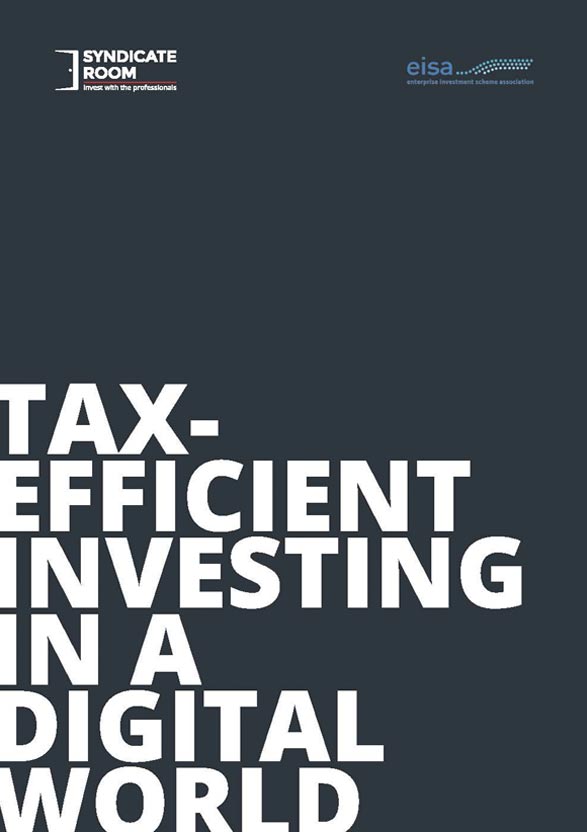Tell me about…
What are ETFs?
An exchange-traded fund, commonly abbreviated to ETF, is an investment fund that, like a stock, is listed and traded on a stock exchange. An ETF combines the best aspects of a mutual fund – the valuation feature which can be bought or sold for its net asset value – with the tradability of a closed end fund, which can be bought or sold throughout the day for more or less than its net asset value.
Exchange-traded funds can offer individual investors a wide range of benefits including diversification, tax efficiency, flexibility, low costs and transparency. While there are many potential benefits, investors should pay particular attention to the trading volumes, looking for signs of adequate liquidity, and should also ensure they are aware of the leverage the ETF may or may not implement.
What assets does an exchange-traded fund include?
Most ETFs are index funds and track a specific index, usually stock, bond, commodity or currency indexes, and are not actively managed. There are a few exceptions where an ETF may have an active fund manager, and there is evidence that the popularity of actively managed) ETFs is rising.
What are the benefits?
Easy diversification
Exchange-traded funds offer investors the ability to diversify across an entire index while only needing to purchase a single stock. The range of indices tracked by ETFs is wide and allows an investor to gain exposure to a very broad range of markets and asset classes by making just a few select purchases. This broad exposure can reduce volatility of the ETF.
Low cost
As most exchange-traded funds are not actively managed and because they typically have low associated marketing, distribution and brokerage expenses, ETFs often cost less than traditional mutual funds.
Flexibility
Unlike mutual funds, exchange-traded funds can be bought and sold at the current market prices at any point in time during the trading day. As they are publicly traded, ETFs offer investors the ability to purchase on margin, short and generally act like a typical stock.
Tax efficiency
Unlike many mutual funds, many ETFs don’t distribute capital gains to investors when assets are disposed of, which means investors only pay capital gains when they sell their shares in the ETF. Further, in the UK ETFs can be invested in through the individual savings account (ISA) and self-invested pension plan (SIPP) vehicles, which can provide, amongst other things, additional capital gains relief.
Transparency
Exchange-traded funds, regardless of whether or not they are index funds or actively managed, show all the underlying assets and are priced at frequent intervals throughout the day. This level of transparency is not present in some other fund types.
What are the drawbacks?
Low trading volume
Some exchange-traded funds can be fairly niche in nature and the trading volumes may be low. This may impact an investor’s ability to buy and sell shares in the ETF depending on how big the position is that they wish to buy or sell.
Risk
As with any financial instrument the price of an ETF may go up or down. In some specific cases, when dealing with leveraged ETFs, the loses of the ETF could be double or triple that of the underlying index being tracked. Always be sure you understand the mechanics of the investment you are considering and all potential risks associated with the investment.
Get your free report

Want more information on UK investing?
Download your copy of our free guide. Featuring an analysis of UK investor trends, investment case studies and a four-page EIS cheat sheet.
